Great frauds in history... Lee B. Farkas’s dodgy mortgages
Lee Bentley Farkas transformed TBW into one of the largest mortgage brokers in the US – his fraud is reckoned to have cost around €3bn.

Get the latest financial news, insights and expert analysis from our award-winning MoneyWeek team, to help you understand what really matters when it comes to your finances.
You are now subscribed
Your newsletter sign-up was successful
Want to add more newsletters?
Lee Bentley Farkas was born in Albuquerque, New Mexico. He dropped out of college to run the family insurance firm after his father died. After it floundered, he drifted for a period, before setting up a construction company in Ocala, Florida, which failed in 1989. In 1991 he bought a small mortgage company called Taylor, Bean & Whitaker (TBW) for $75,000, funded by a loan from the mother of a friend. Over the next 18 years he would transform TBW into one of the largest mortgage brokers in the US. By 2008, it was dealing with $35bn a year in mortgages.
What was the scam?
TBW originated the mortgages, then quickly resold them to various investors, relying on Colonial Bank, one of the largest banks in the region, to provide short-term funding. Consistent losses meant that TBW’s overdraft with Colonial grew and grew. Farkas persuaded Catherine Kissick, an executive with Colonial, to hide the overdraft from her superiors. Meanwhile, he started including fictitious mortgages in the bundles that he resold to investors. With debts continuing to mount, Farkas borrowed even more money from large financial institutions through a subsidiary, using mortgages that were either fraudulent or pledged for multiple loans as collateral.
What happened next?
By early 2009 Colonial Bank was on the verge of going under. Realising this would expose the true extent of his overdraft and by implication his fraud, Farkas joined a consortium of investors that offered to recapitalise the lender in exchange for support from the government’s crisis-era Trouble Asset Relief Program (TARP). Auditors hired by the scheme quickly discovered evidence of fraud and alerted the FBI. Later that year TBW declared bankruptcy. Farkas and Kissick were convicted of fraud and received hefty prison sentences.
Try 6 free issues of MoneyWeek today
Get unparalleled financial insight, analysis and expert opinion you can profit from.

Sign up to Money Morning
Don't miss the latest investment and personal finances news, market analysis, plus money-saving tips with our free twice-daily newsletter
Don't miss the latest investment and personal finances news, market analysis, plus money-saving tips with our free twice-daily newsletter
Lessons for investors
Total losses from the fraud are estimated at around $3bn and Farkas’s use of mortgages as collateral for multiple loans caused legal chaos for many unfortunate homeowners. The collapse of Colonial, which lost around $500m with TBW, was the sixth largest bank failure in US history; the Federal Deposit Insurance Corporation lost $2.8bn in the subsequent rescue. Much of this could have been avoided had the lenders followed the example of Fannie Mae, which cut ties with TBW back in 2002 over claims that some of the mortgages it had been sold were fraudulent.
Get the latest financial news, insights and expert analysis from our award-winning MoneyWeek team, to help you understand what really matters when it comes to your finances.

-
 Student loans debate: should you fund your child through university?
Student loans debate: should you fund your child through university?Graduates are complaining about their levels of student debt so should wealthy parents be helping them avoid student loans?
-
 Review: Pierre & Vacances – affordable luxury in iconic Flaine
Review: Pierre & Vacances – affordable luxury in iconic FlaineSnow-sure and steeped in rich architectural heritage, Flaine is a unique ski resort which offers something for all of the family.
-
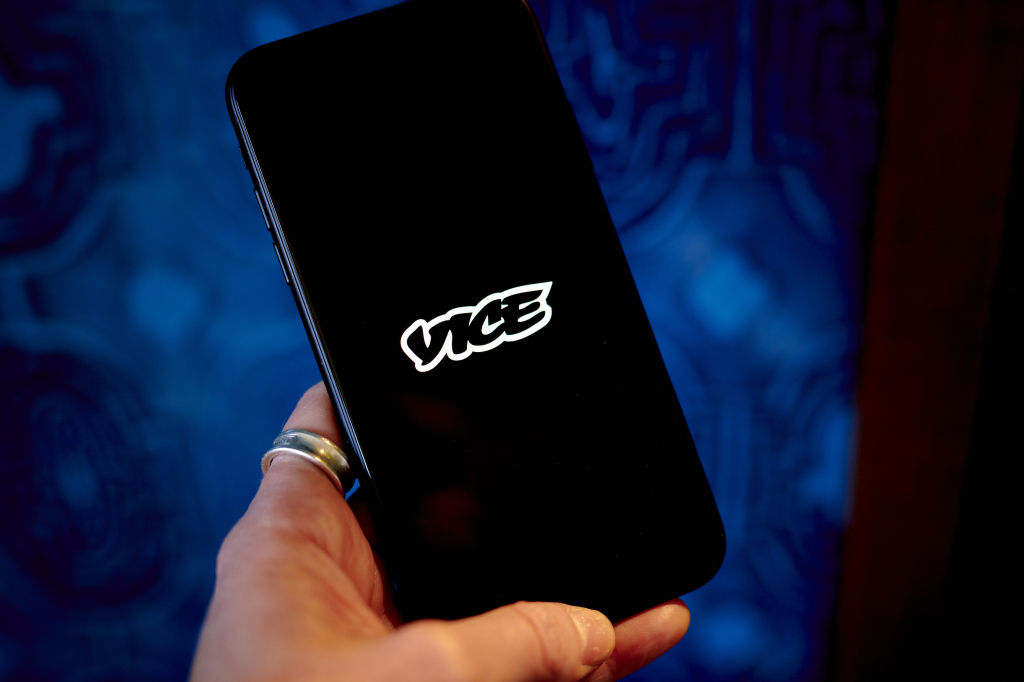 VICE bankruptcy: how did it happen?
VICE bankruptcy: how did it happen?Was the VICE bankruptcy inevitable? We look into how the once multibillion-dollar came crashing down.
-
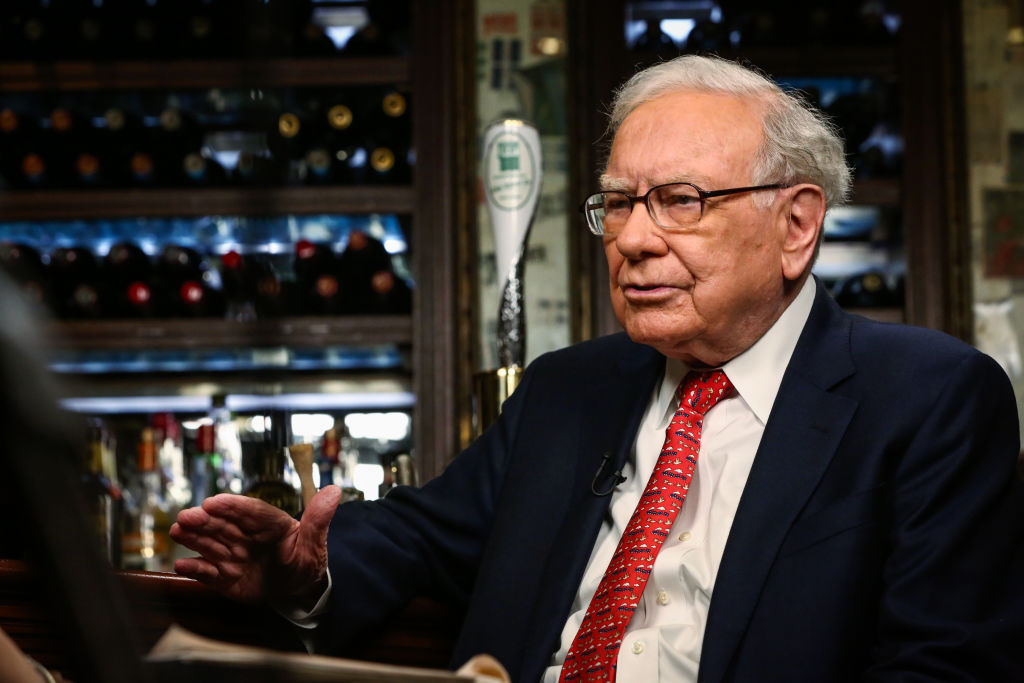 What is Warren Buffett’s net worth?
What is Warren Buffett’s net worth?Warren Buffett, sometimes referred to as the “Oracle of Omaha”, is considered one of the most successful investors of all time. How did he make his billions?
-
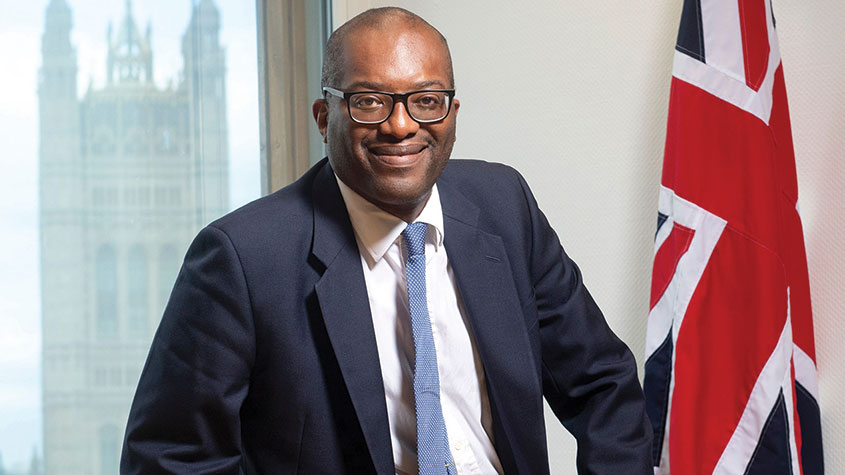 Kwasi Kwarteng: the leading light of the Tory right
Kwasi Kwarteng: the leading light of the Tory rightProfiles Kwasi Kwarteng, who studied 17th-century currency policy for his doctoral thesis, has always had a keen interest in economic crises. Now he is in one of his own making
-
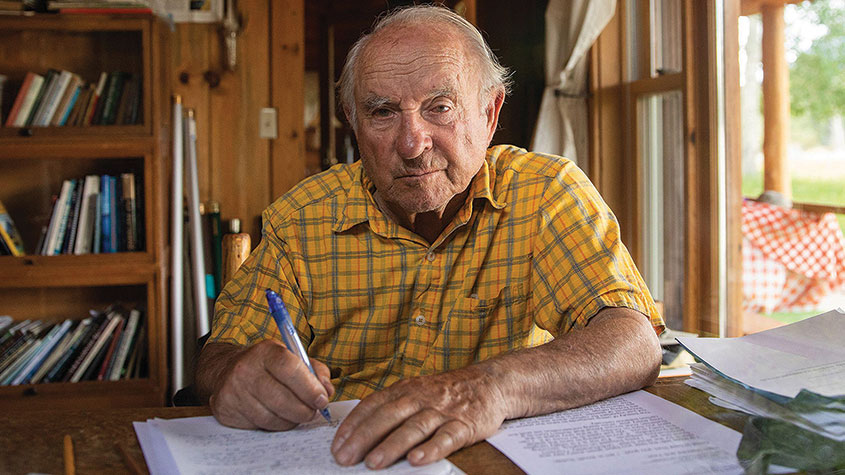 Yvon Chouinard: The billionaire “dirtbag” who's giving it all away
Yvon Chouinard: The billionaire “dirtbag” who's giving it all awayProfiles Outdoor-equipment retailer Yvon Chouinard is the latest in a line of rich benefactors to shun personal aggrandisement in favour of worthy causes.
-
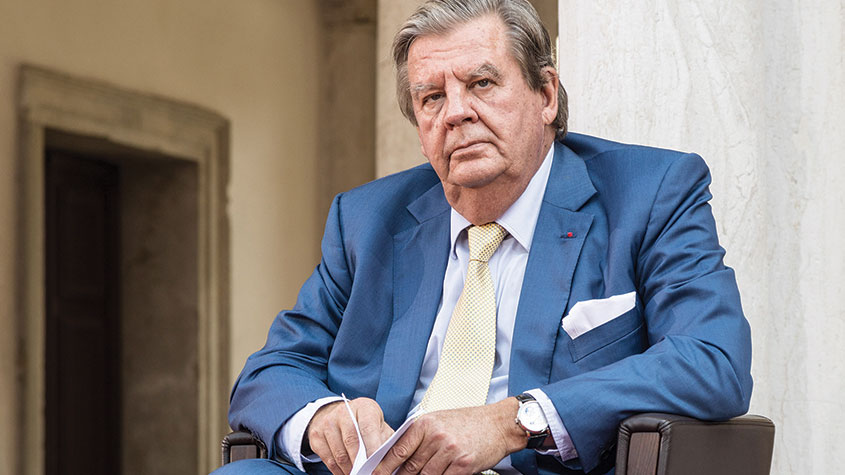 Johann Rupert: the Warren Buffett of luxury goods
Johann Rupert: the Warren Buffett of luxury goodsProfiles Johann Rupert, the presiding boss of Swiss luxury group Richemont, has seen off a challenge to his authority by a hedge fund. But his trials are not over yet.
-
 Profile: the fall of Alvin Chau, Macau’s junket king
Profile: the fall of Alvin Chau, Macau’s junket kingProfiles Alvin Chau made a fortune catering for Chinese gamblers as the authorities turned a blind eye. Now he’s on trial for illegal cross-border gambling, fraud and money laundering.
-
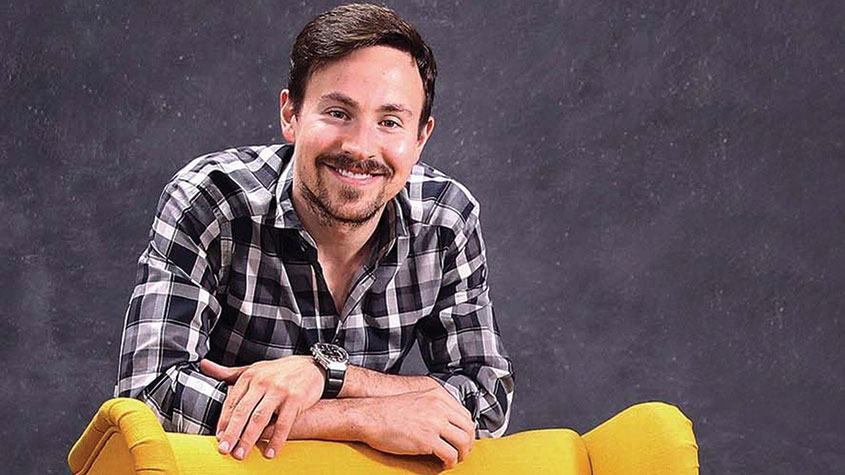 Ryan Cohen: the “meme king” who sparked a frenzy
Ryan Cohen: the “meme king” who sparked a frenzyProfiles Ryan Cohen was credited with saving a clapped-out videogames retailer with little more than a knack for whipping up a social-media storm. But his latest intervention has backfired.
-
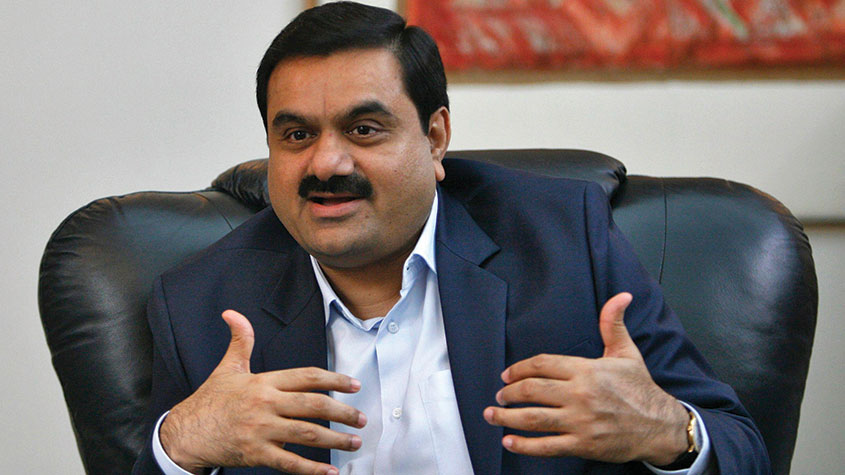 The rise of Gautam Adani, Asia’s richest man
The rise of Gautam Adani, Asia’s richest manProfiles India’s Gautam Adani started working life as an exporter and hit the big time when he moved into infrastructure. Political connections have been useful – but are a double-edged sword.